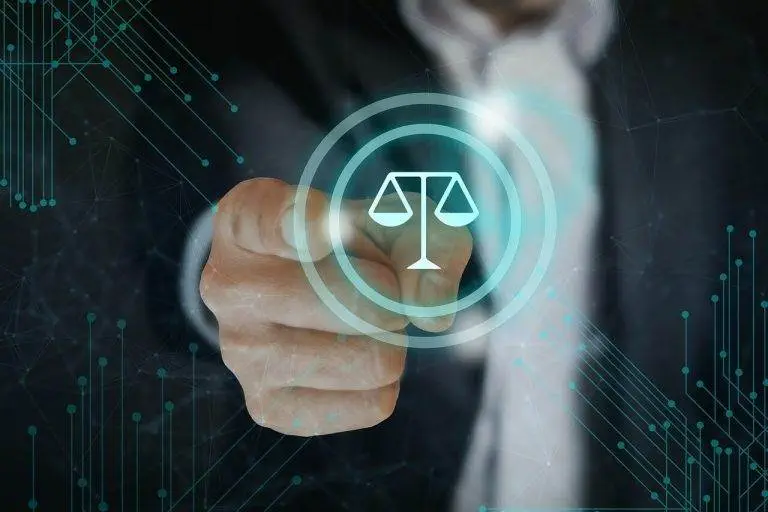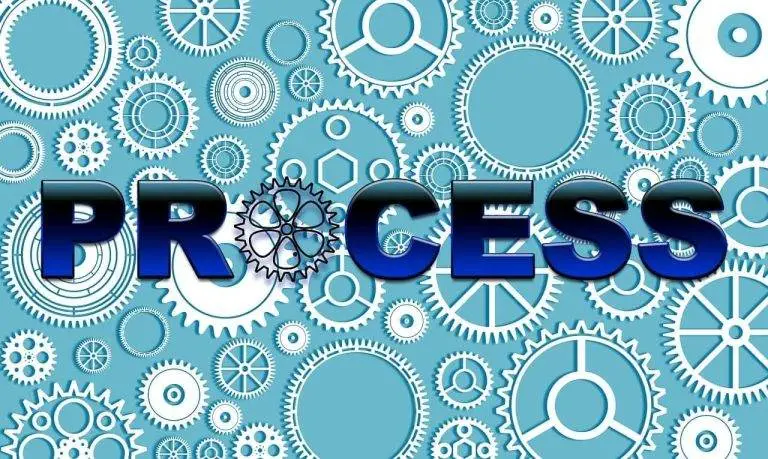When a company cannot pay its debts or its liabilities exceed its assets, it is considered insolvent. In South Africa, liquidation is a legal process that closes the company and appoints a liquidator to manage the orderly distribution of assets among creditors. The goal is to protect creditors, prevent further debt, and ensure fair asset distribution. Liquidation helps address debt problems and allows business owners to start fresh. Contact us to explore how liquidation can relieve your business from overwhelming debt.
How to Liquidate a Company in South Africa
A company can be liquidated either through the High Court or at the CIPC. A voluntary liquidation (where all directors and shareholders are in agreement) can be done at the CIPC or the High Court. A compulsoryr liquidation (liquidation by a creditor some directors/shareholders if there is a dispute) can only be done at the High Court and not at the CIPC.
The steps to liquidate a company in South Africa
- Determine Insolvency: Confirm that the company cannot meet its debt obligations.
- Consult liquidation Lawyers: Seek advice from professional liquidation lawyers only specializing in business liquidation. Avoid speaking with non-attorneys or agents who may not give legal advice in terms of the Attorneys Act. They often also do not know enough to give solid legal advice. This writer is a liquidation lawyer with 17 years experiences in liquidation services, so contact us and we will assist you.
- Consider Continuing Business Operations: If you wish to keep trading, we can assist you in restructuring your business for future success. This must be set-up before you proceed with liquidation, so that there is a seamless transition.
- Decide on a Closure Date: Establish when you will officially close the company.
- Lodge Liquidation Application: Once you have decided to proceed with the company liquidation process, give us the instruction to proceed. We are ready when you are.
- Company is liquidated: We will liquidate the company at the CIPC for a voluntary liquidation. This takes 3 – 5 days from date of lodgement.
- Appointment of Liquidator: A liquidator will be appointed by the Master of the High Court. The liquidator will manage the winding-up of the insolvent estate of the company.
- Protection from Creditors: Once liquidation occurs, no creditor may initiate legal action against the company and any legal action already taken is suspended.
- Assess Personal Sureties: Determine how much debt of the company you have personally guaranteed (sign surety for) and discuss potential solutions with us.
The Benefits of the Liquidation of an Insolvent Company in South Africa
- Immediate Relief from Debt: Experience almost instant relief from financial obligations.
- Freedom from Creditor Harassment: You will no longer need to deal with demanding creditors (though sureties must still be addressed).
- Asset Retention: It is possible to retain certain assets while eliminating debt including obligations to SARS.
- Continued Trading Opportunities: You can continue operating your business under a restructured model.
- Restored Focus and Energy: Freeing yourself from creditor pressure allows you to concentrate on rebuilding and improving your business operations.
Conclusion
In conclusion, voluntary liquidation serves as an excellent strategy for business owners seeking relief from financial burdens while maintaining the ability to trade. By utilizing our services, you can trust that we will guide you through each step of the process efficiently and effectively. We are committed to providing personalized support and clear explanations throughout your journey toward financial recovery.




